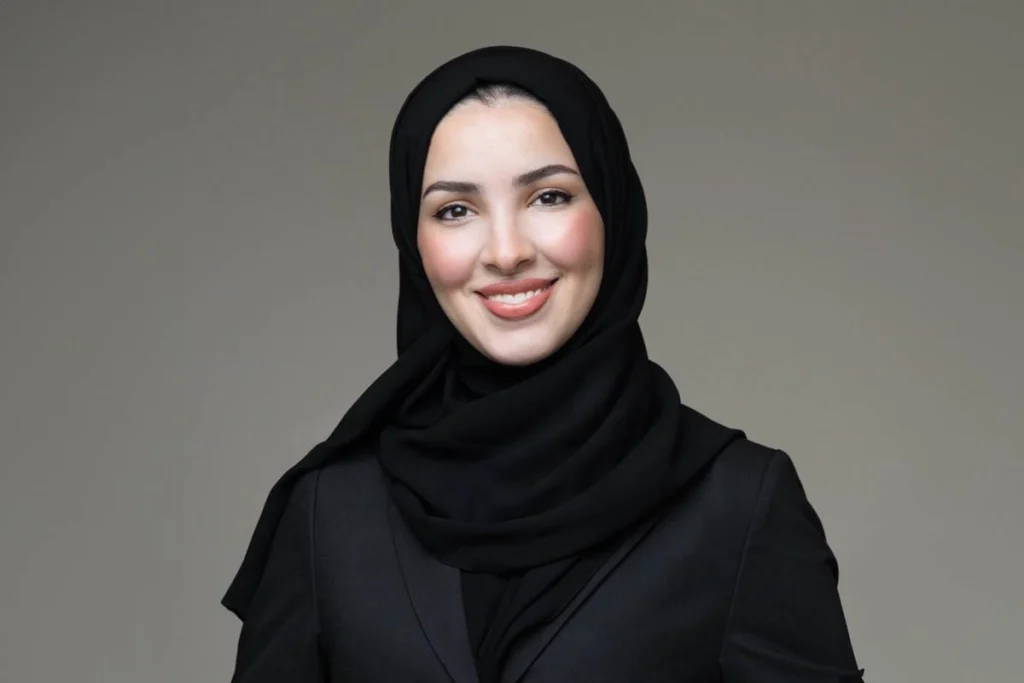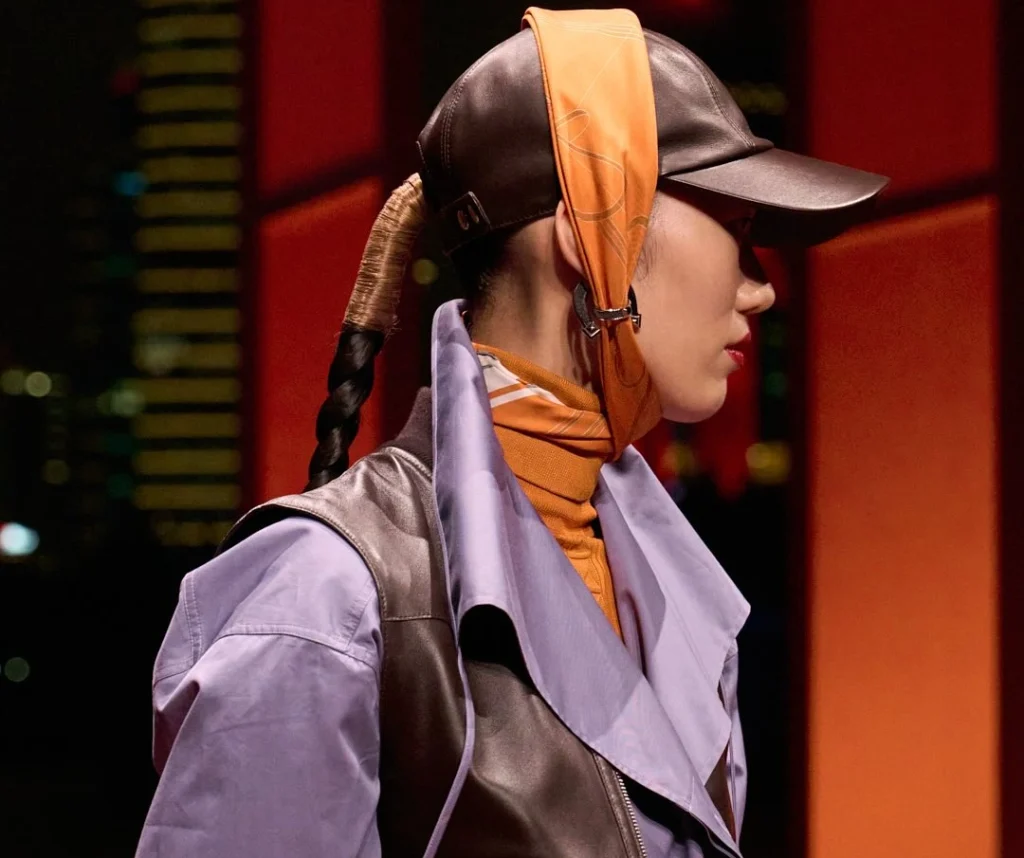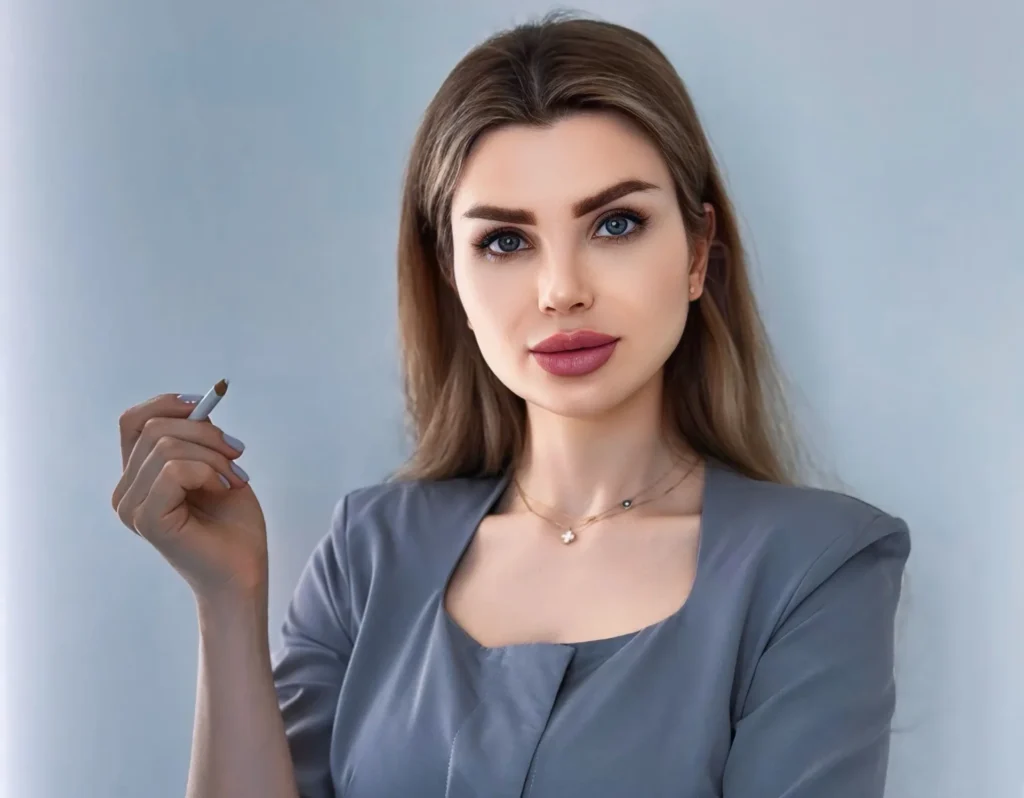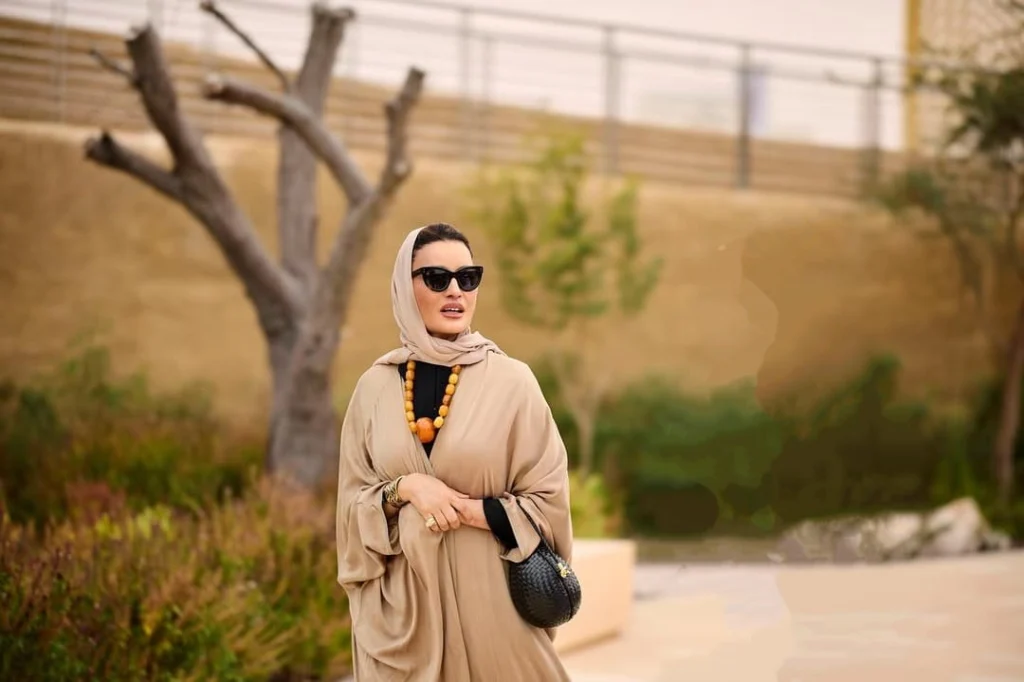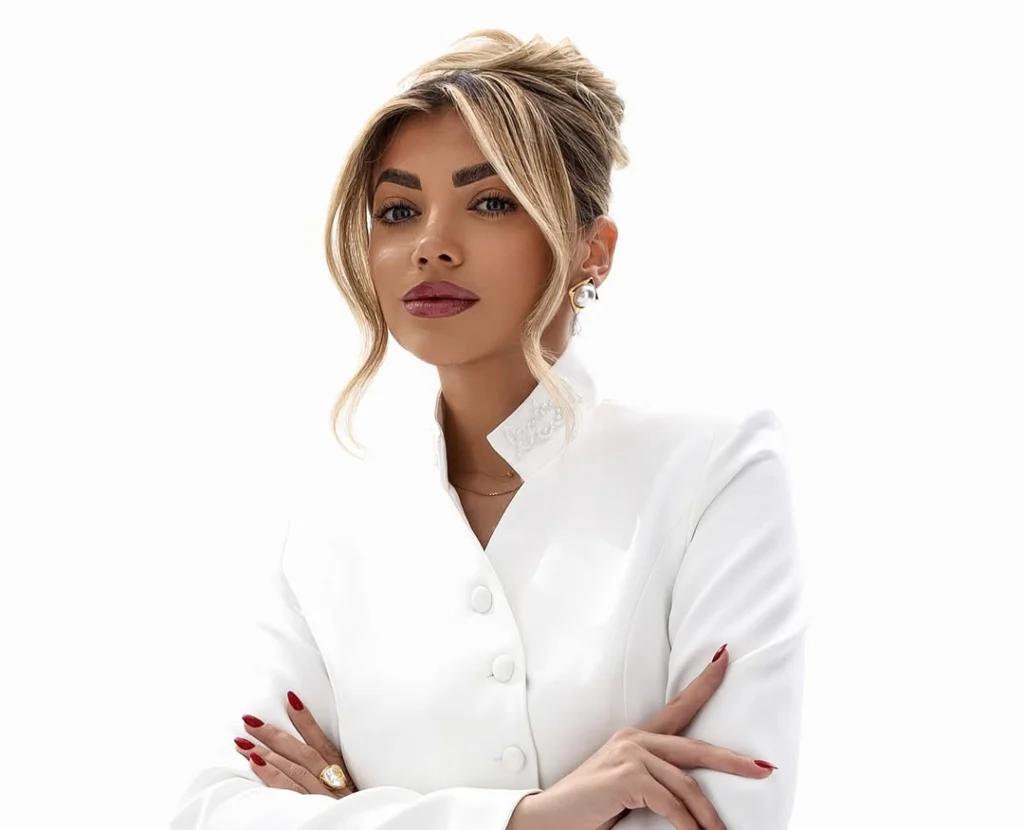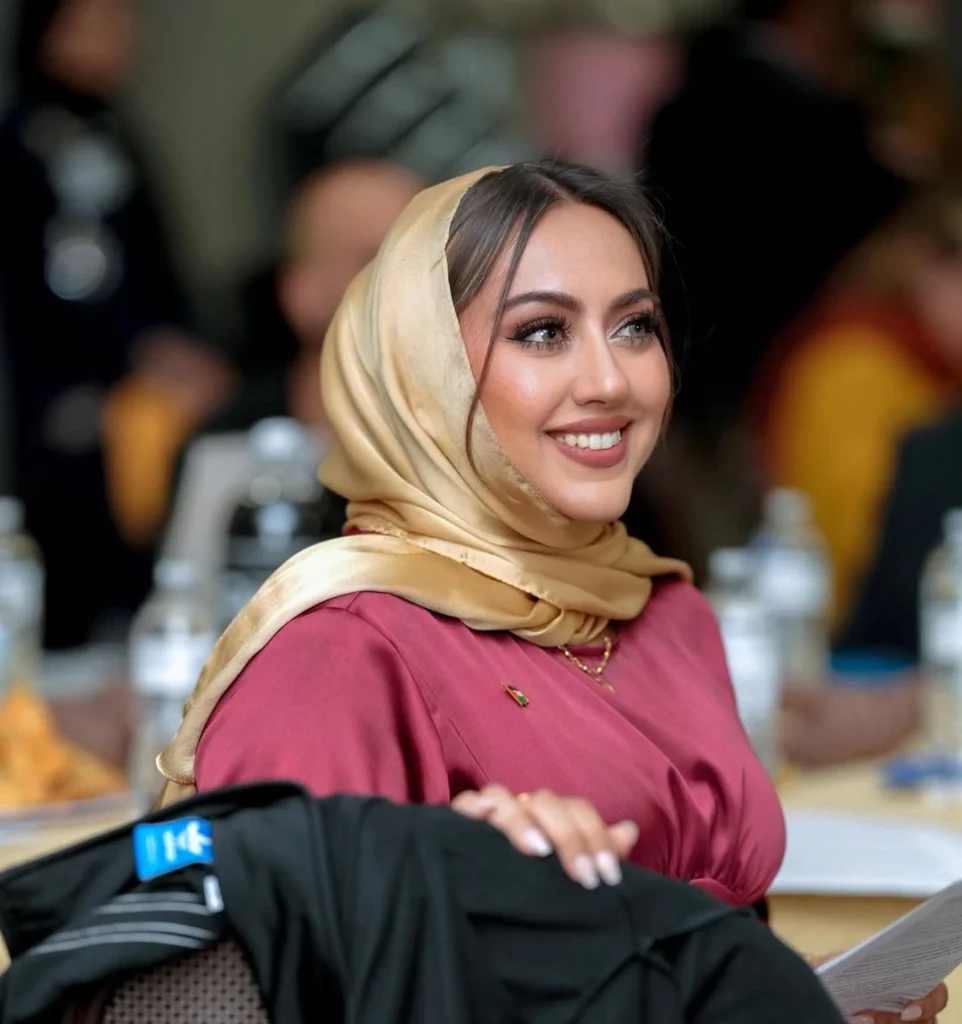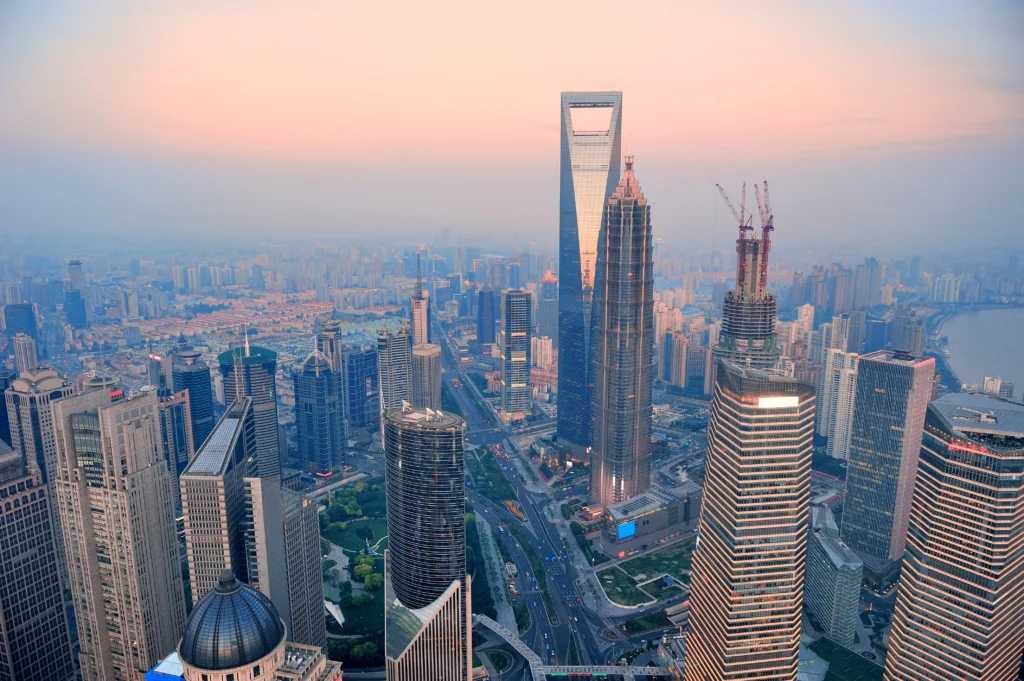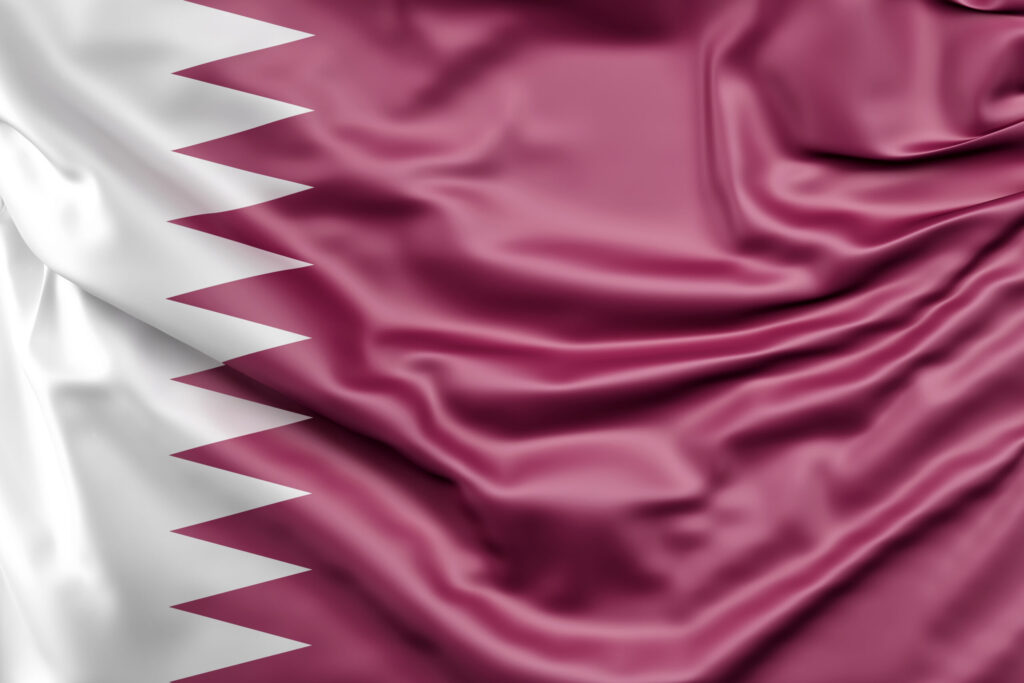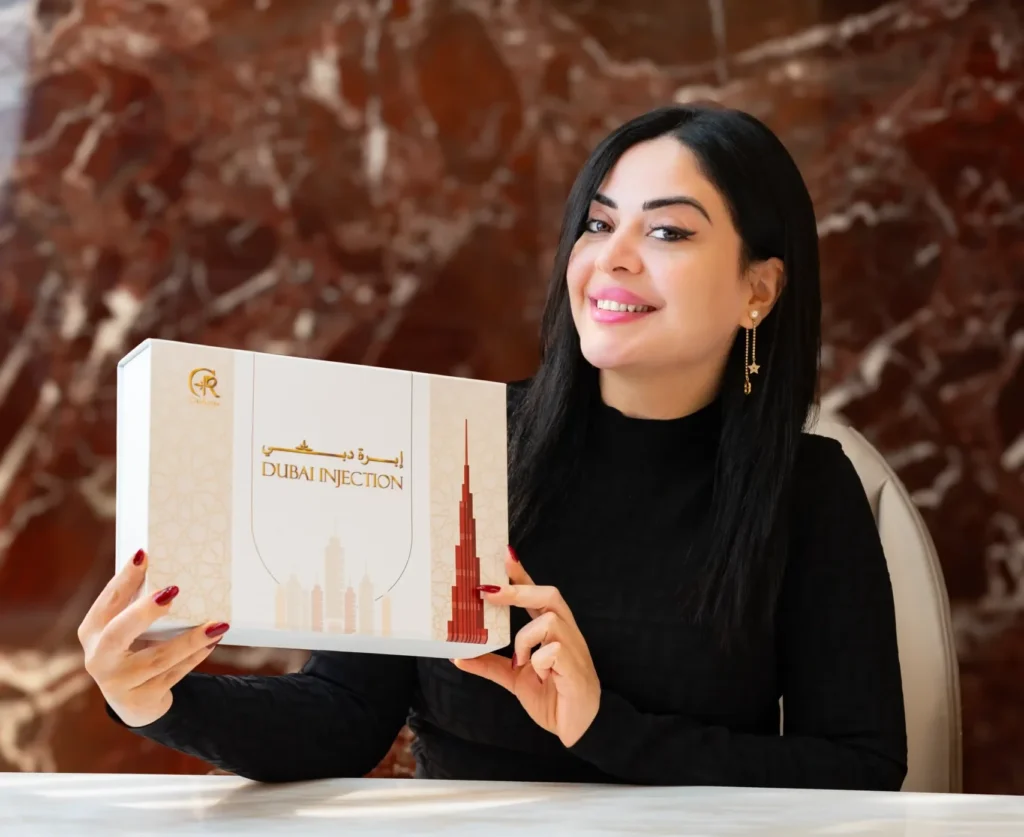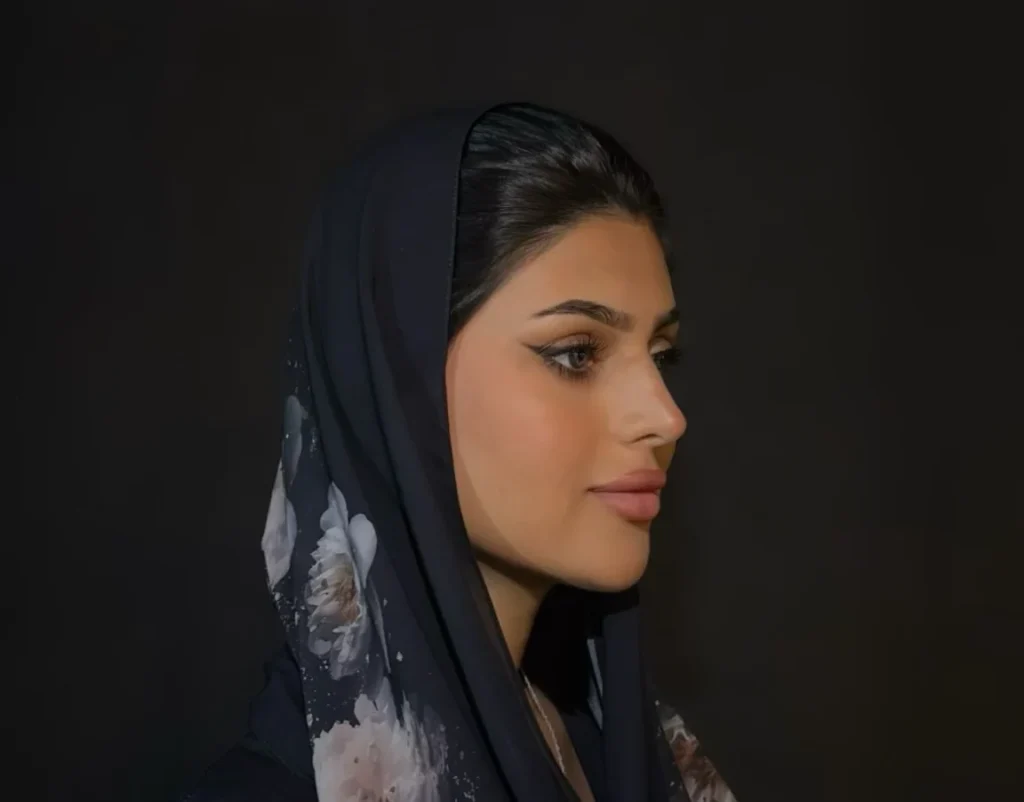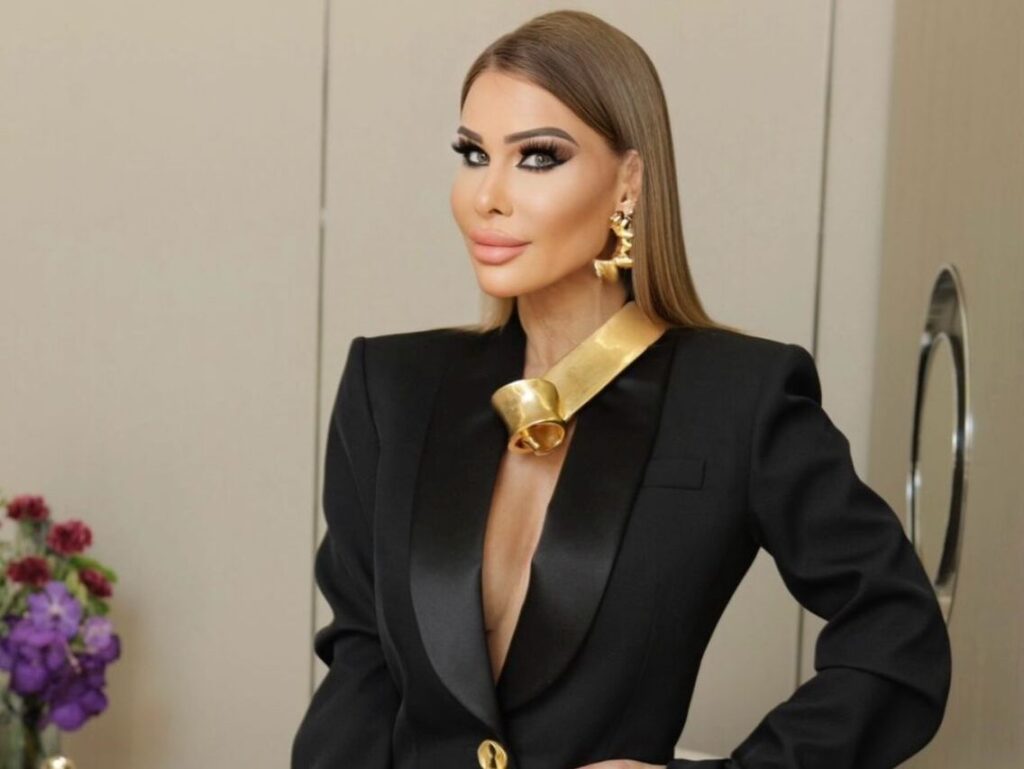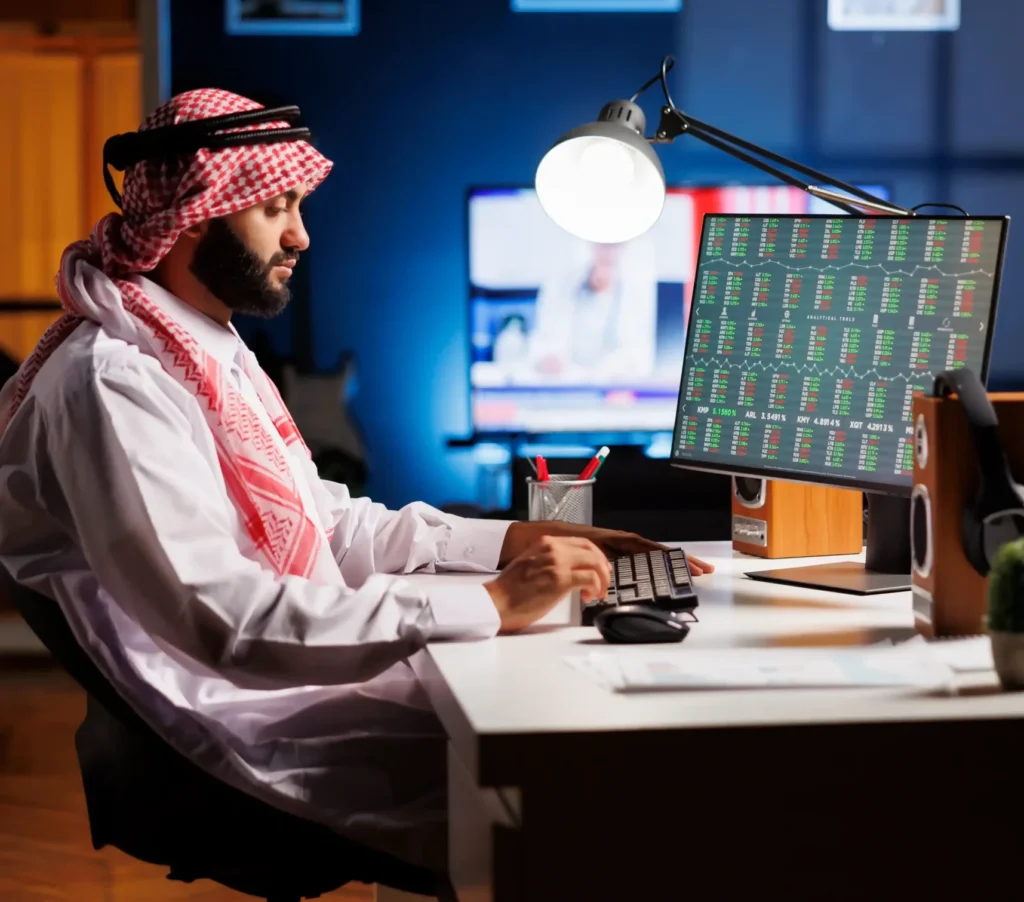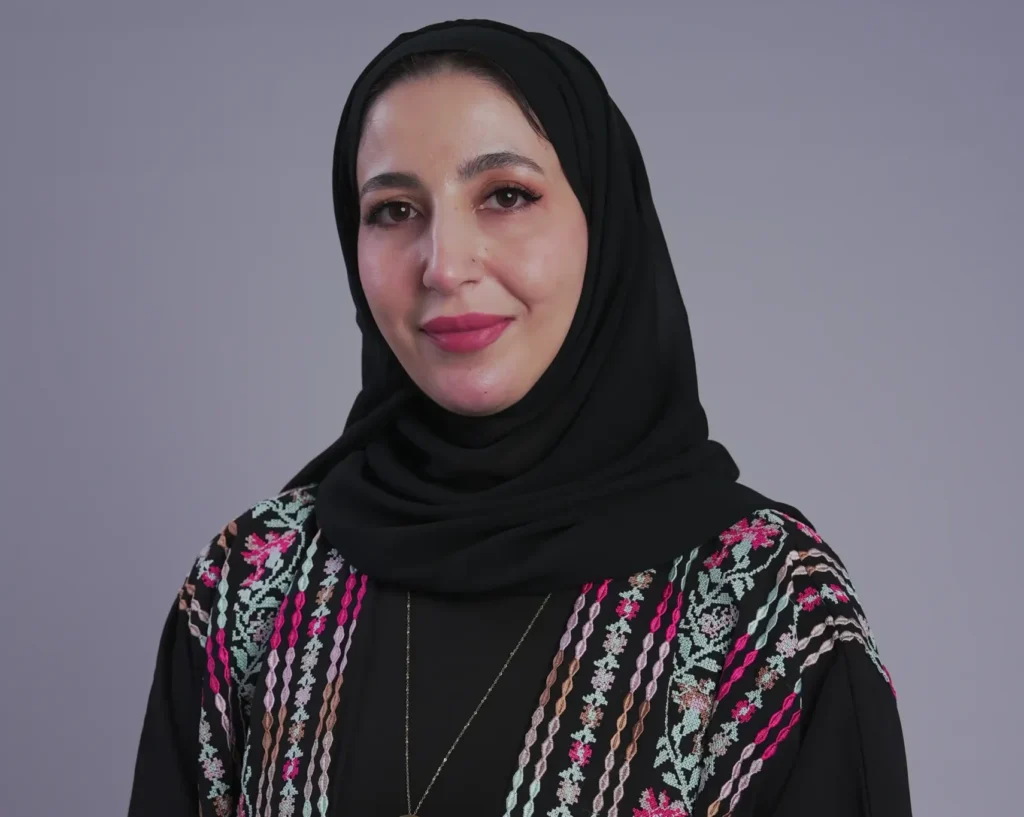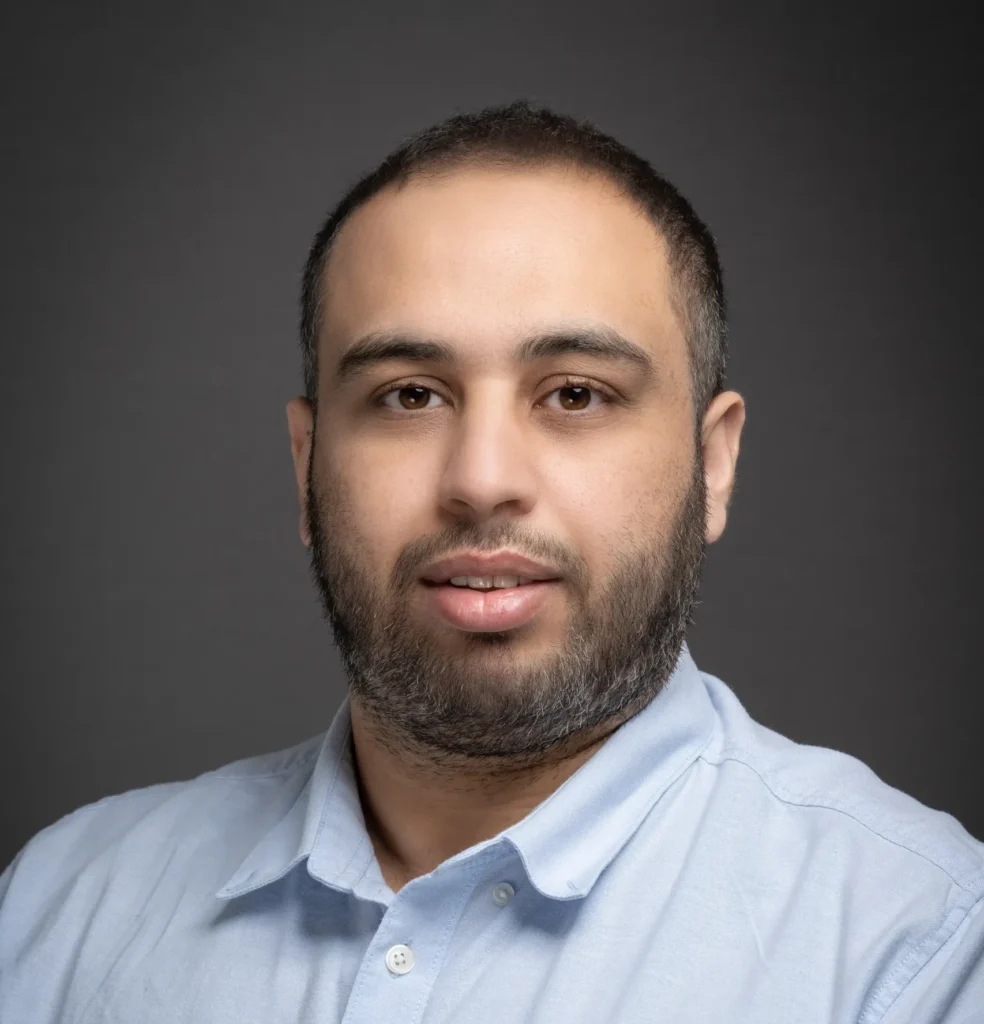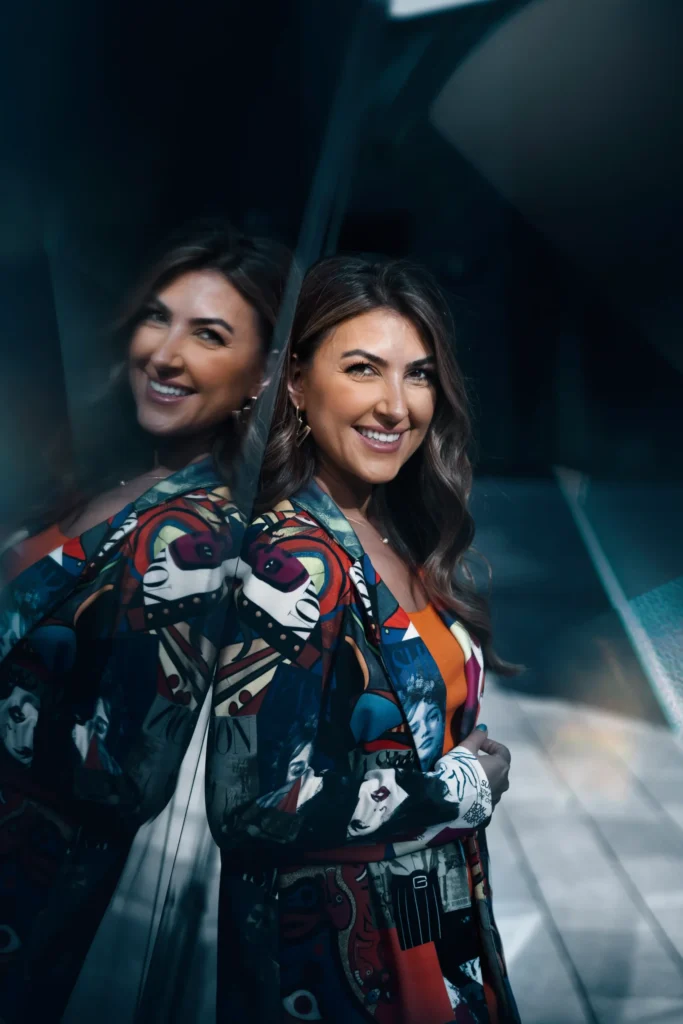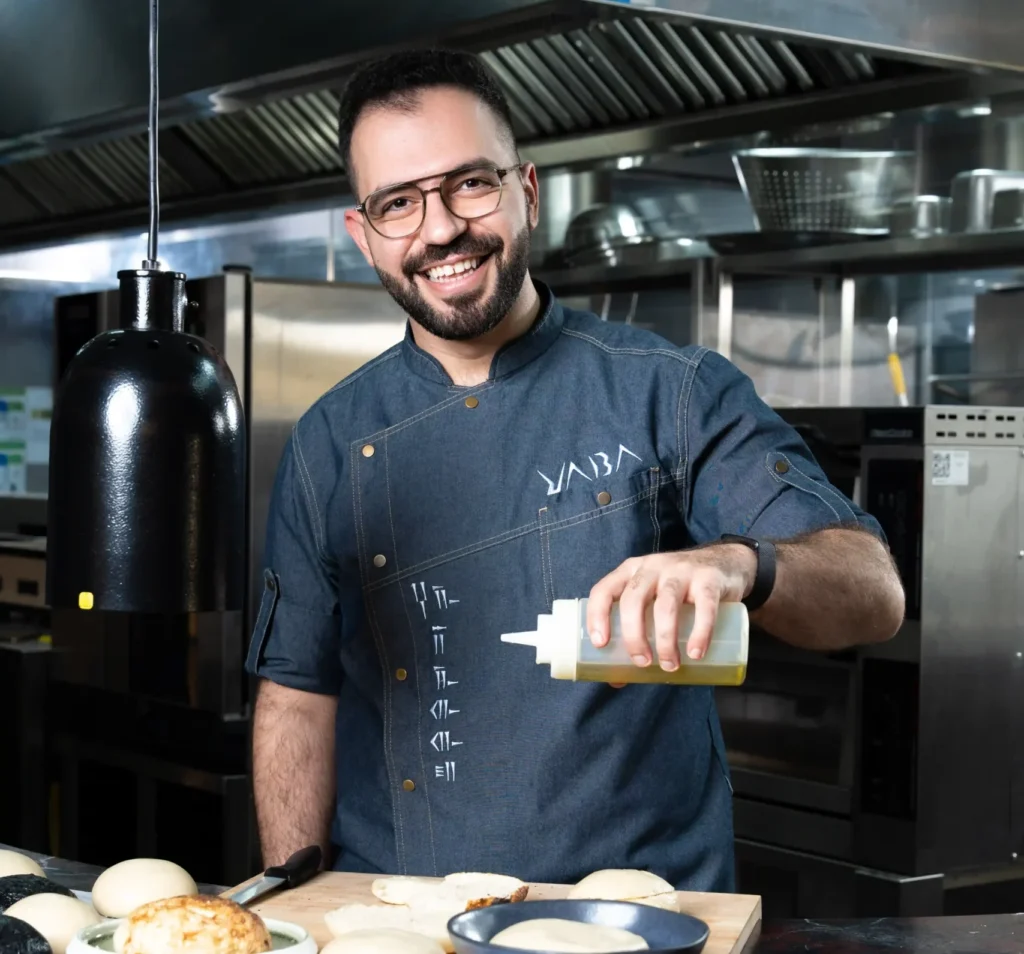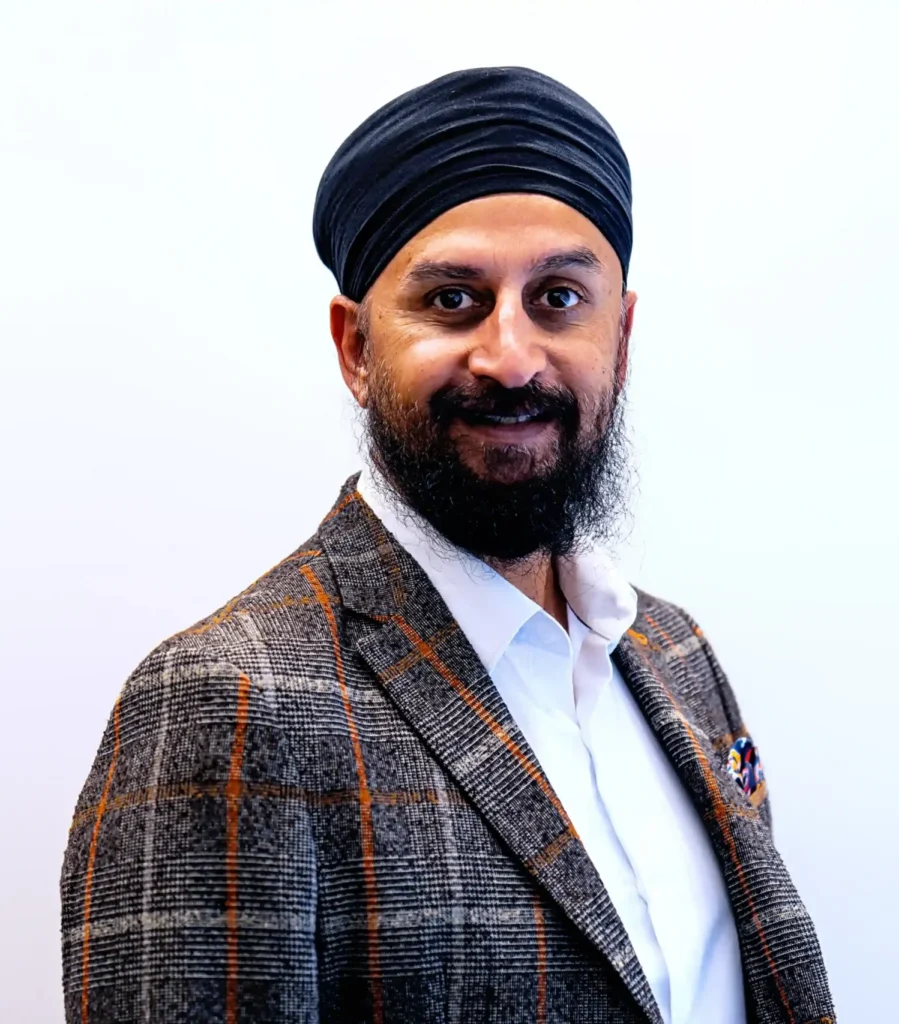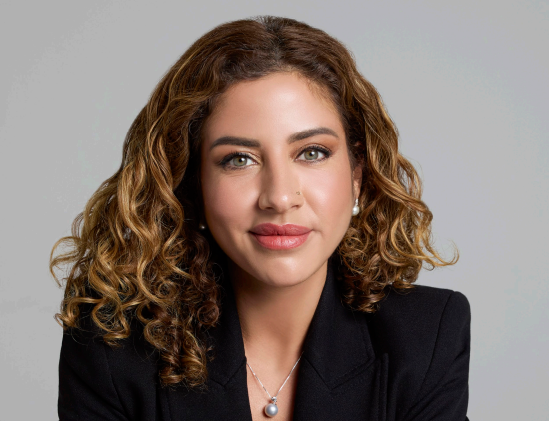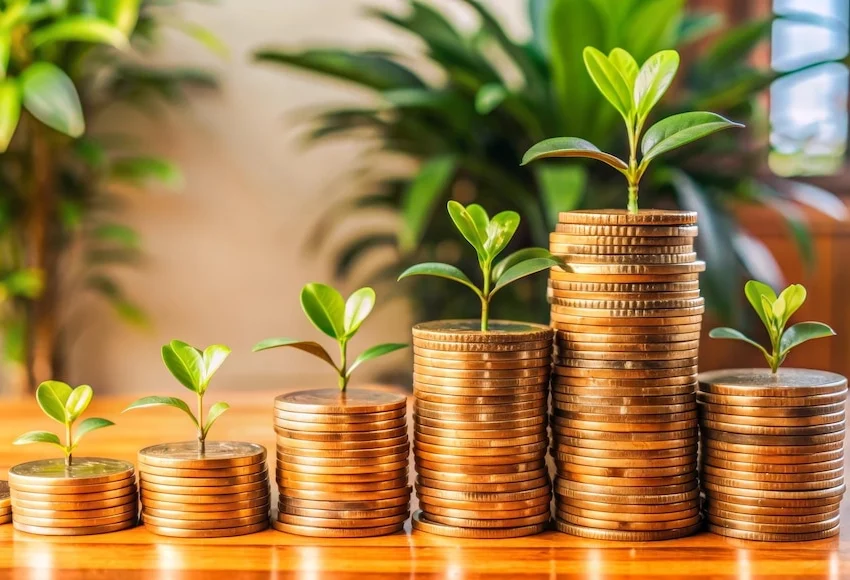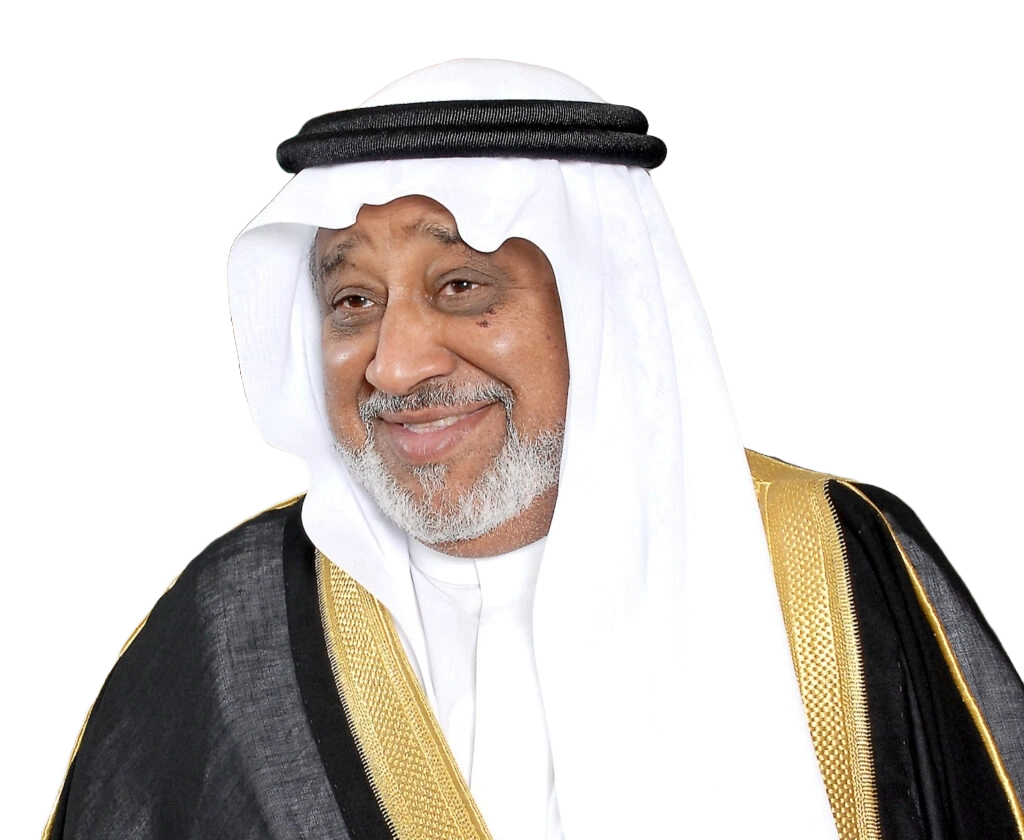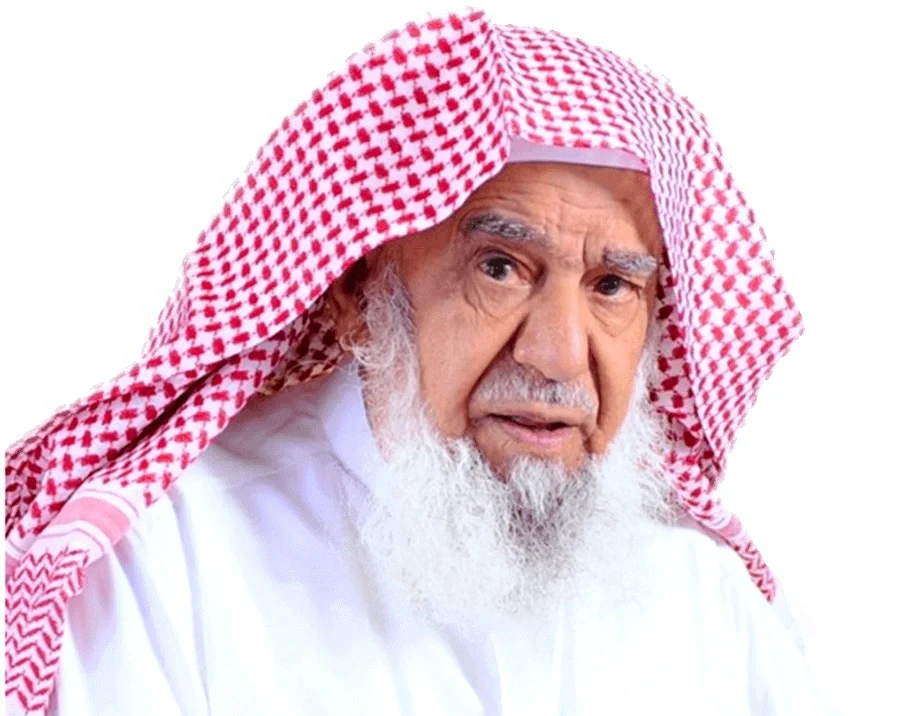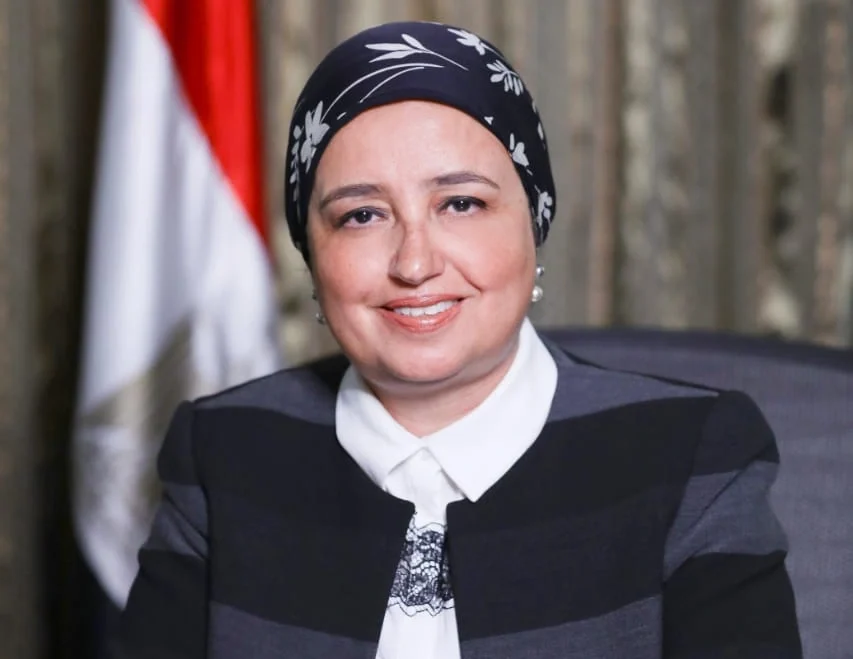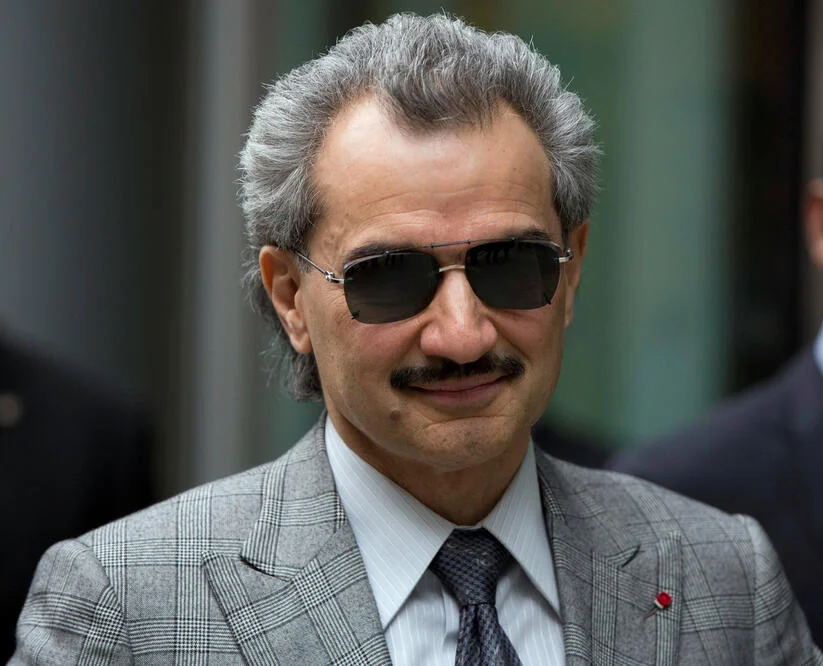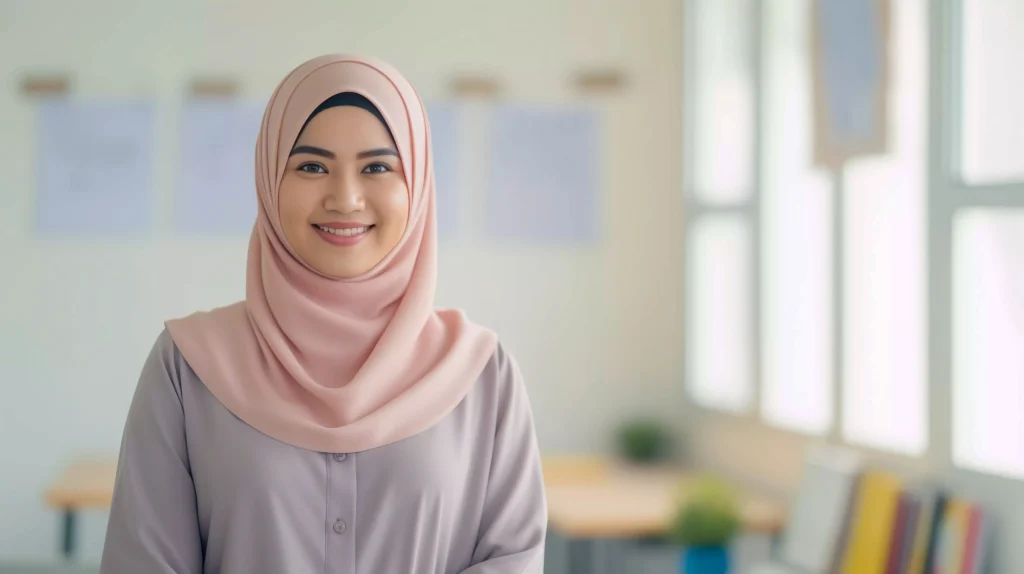Huda Kattan, The Global Glamour of an American-Iraqi Beauty Empire
Huda Kattan The Global Glamour of an American-Iraqi Beauty Empire By Tia Holder The story of Huda Kattan is a vibrant tapestry woven from Iraqi heritage, an American upbringing, and the dazzling, borderless ambition of Dubai, a narrative that transcends mere commerce to become a powerful cultural statement, a modern fairy tale of passion and purpose, born not from a boardroom but a blogger’s genuine love for transformation. She was born in Oklahoma, to immigrant parents from Iraq, a childhood steeped in two worlds, a duality that shaped her vision, giving her a unique lens on beauty that blended the Western appreciation for polished technique with the Middle Eastern embrace of dramatic, unapologetic glamour, the kind of beauty that uses the eyes as a canvas for profound expression, often a necessity in a culture where the face is partly veiled and the eyes become the sole focus. This early life, feeling like an outsider in a predominantly white, Christian community, fostered a profound desire for acceptance and a keen eye for the art of self-creation, turning to makeup at the age of twelve as a source of comfort and a tool for building an identity. Her early career path was conventionally academic, majoring in finance at the University of Michigan, a trajectory guided perhaps by a desire for stability, a practical grounding that her parents, as immigrants, likely encouraged, but the corporate world of finance, where she worked briefly in Dubai after moving there in 2006, proved to be a miserable fit for her creative soul, a space that felt stifling, one where she was asked to dress down and wear less makeup to conform. It was a pivotal rejection, being let go from that job, that she bravely reframed as a sign, an undeniable push toward her true passion. She took the plunge, enrolling in the prestigious Joe Blasco Makeup School in Los Angeles, honing her skills, working with high-profile clients, before returning to Dubai, a city that would become the crucible of her entrepreneurial empire. Dubai, a sprawling, ever-evolving, cosmopolitan metropolis, was more than just a place of residence, it was a land of opportunity, a perfect, fertile ground for her burgeoning dream. It is a city defined by its multiculturalism, a place where people from every corner of the world converge, bringing with them diverse beauty standards and an unquenchable thirst for quality and luxury, a perfect launchpad for a brand focused on inclusivity and high performance. Living and working there, Huda recognised a fundamental truth: the Middle East possesses a deep, ancient, and celebratory relationship with beauty, where intricate makeup is a cultural norm, not just for special occasions, and this environment, with its appreciation for high-impact artistry, gave her an audience that was ready for a new level of glamour. She began in 2010, not with a product line, but a blog, ‘Huda Beauty,’ a digital gathering place where she shared tutorials, tips, and product reviews, using the power of social media, particularly Instagram, to build a direct, transparent, and intensely loyal community. She wasn’t an advertiser, she was a friend, a relatable expert sharing secrets, and this authenticity, this human-like approach, was revolutionary in the heavily filtered world of beauty. Her business life officially began in 2013, sparked by a simple but frustrating gap in the market, a lack of high-quality, impactful false eyelashes that met her professional standards. With a small investment from her sister, she launched a line of lashes, the first Huda Beauty product, a move that quickly disrupted the industry, gaining immediate cult status when they were worn by a global reality television star, an event that instantly catapulted the Dubai-based brand onto the global stage. The brand’s initial success, selling thousands of units quickly, was a clear signal that her vision resonated, speaking to a diverse, global consumer who felt overlooked by traditional Western beauty houses. Huda Beauty, headquartered in Dubai, grew into a formidable global empire, not through conventional advertising, but through the direct and candid connection Huda maintained with her millions of followers, a feat that cemented her as a pioneer of the influencer-to-mogul blueprint. She and her sisters, Mona and Alya, built a brand that was inherently family-run, which added to its relatable, grounded persona, with Mona later co-founding the fragrance arm, Kayali, meaning ‘my imagination’ in Arabic, further weaving their cultural heritage into the business fabric. Her product launches, from the highly-pigmented eyeshadow palettes, often named with a nod to the region like Desert Dusk, to inclusive ranges of foundation shades, consistently cater to the diverse needs of her global community, consciously creating products for a wide spectrum of skin tones and types, a core commitment to inclusivity that the industry sorely needed. Her leadership style, shaped by her early experiences of feeling unheard and a deep-seated drive, is one of intense passion, transparency, and an almost brutal honesty, openly sharing the struggles and the triumphs of entrepreneurship, demystifying the process for her followers. She has, at times, stepped back and returned to the CEO role, a demonstration of the continuous evolution and self-reflection that marks her professional life, showing that even at the helm of a billion-dollar brand, the journey is one of constant work. She has consistently leveraged her platform to speak about social causes, demonstrating a willingness to engage with issues beyond cosmetics, using her influence to advocate for diversity, body positivity, and mental health, even taking a bold stance on global humanitarian crises, proving that her brand is rooted in more than just makeup, it is fundamentally tied to her values. Huda Kattan’s journey, from a girl struggling to find her place in two cultures, to an influential business leader operating from a vibrant, multicultural hub, is a testament to the power of authentic passion and the truly limitless opportunities that can be seized when a personal story is woven into a global enterprise. Her move to Dubai was instrumental, transforming her professional trajectory and allowing her cultural background to become


